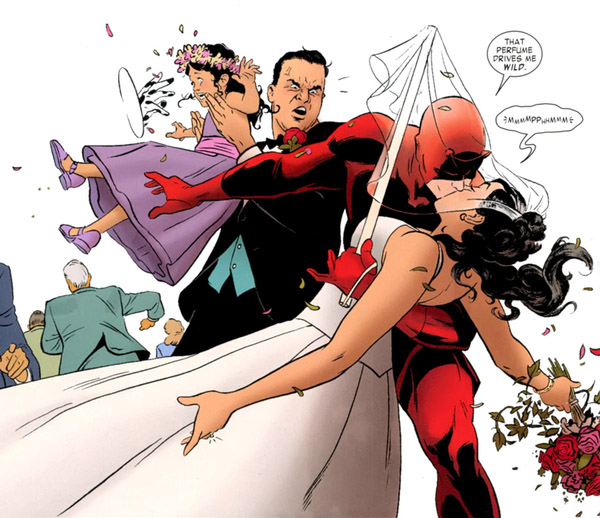Struggling actress Jess is having a terrible night at her waitressing job. Her absentee father has just passed away and she could really use a break from cleaning disgusting toilets to make her rent payments. To top it all off, she’s accidentally pricked herself with a used hypodermic syringe whilst on clean-up duty. On her arrival home, she finds a shell-shocked 5 year old boy in the bushes outside her apartment, hiding from … something. Moments later, a naked man bangs on the door of her neighbour’s flat, demanding for help finding his missing son.
And then all hell breaks loose…
When The Wolf Comes Home arrives with a fanfare of positive soundbites from a complete who’s who of modern horror. King’s rave review echoes what I’ve heard elsewhere about this book, and herein lies my problem. I liked this book and yet…. I can’t help feeling that I’ve missed something here. It’s fine, it’s fun, it’s a very Stephen King-esque thriller. This was broadly my reading experience, up until the last third of the book which I felt elevated it to above a 3-star read. (Sidenote: the need to sum up my feelings on a book neatly with a rating out of 5 is one of my enduring frustrations with writing reviews).
Part of my ambivalence stems from this being a chase novel: for some reason, I can never connect to them as well as other types of narratives. The very nature of the thriller requires that the reader doesn’t ever really get a good understanding of the characters and their inner workings; the protagonists must always be on the run and under threat. For most of the book, Jess and the boy are running from the boy’s father. That’s the point of When The Wolf Comes Home: it’s about fear and the forms it can take, how it changes as you grow up, the lengths people go to avoid it and the power of confronting it. It’s also about the power of imagination.
For most of this novel, I felt that it was well-written and fun, but it didn’t spark anything exceptional. Not that that’s any kind of criticism. And then the last 3rd of the book took a weird turn and, for me, that’s where things really started getting going. I loved the last part of the novel and the final confrontation between the boy and his father.
“Nobody hides like tears, she realizes. We could learn a thing from them.”
Is this a werewolf novel? Kind of, sorta, maybe.
Is that a spoiler? Quite possibly. Sorry.
This book is going to be big (and it deserves to be). Horror fans will eat it up (and what big teeth we have!) and it’s crowded with references to other works of horror. There’s even a character named after Talking Scared podcast host Neil McRoberts. Still: I can’t reiterate enough that I wanted more of something from this book and I can’t quite put my finger on what and who am I to argue with horror royalty?
Nat Cassidy is a New York-based overachiever. Not content with his current career writing prose fiction, he’s also a successful actor and playwright. Honestly his CV is formidable and all signs are that he’s got plenty more works of horror fiction in him. The LineUp has described him as the Stephen King of TikTok. He also bookends this novel with an extremely affecting afterword which casts new poignance over the book and is well-worth reading afterwards the main action is over.
Thank you to Titan and Netgalley for the digital ARC in exchange for my honest review.






